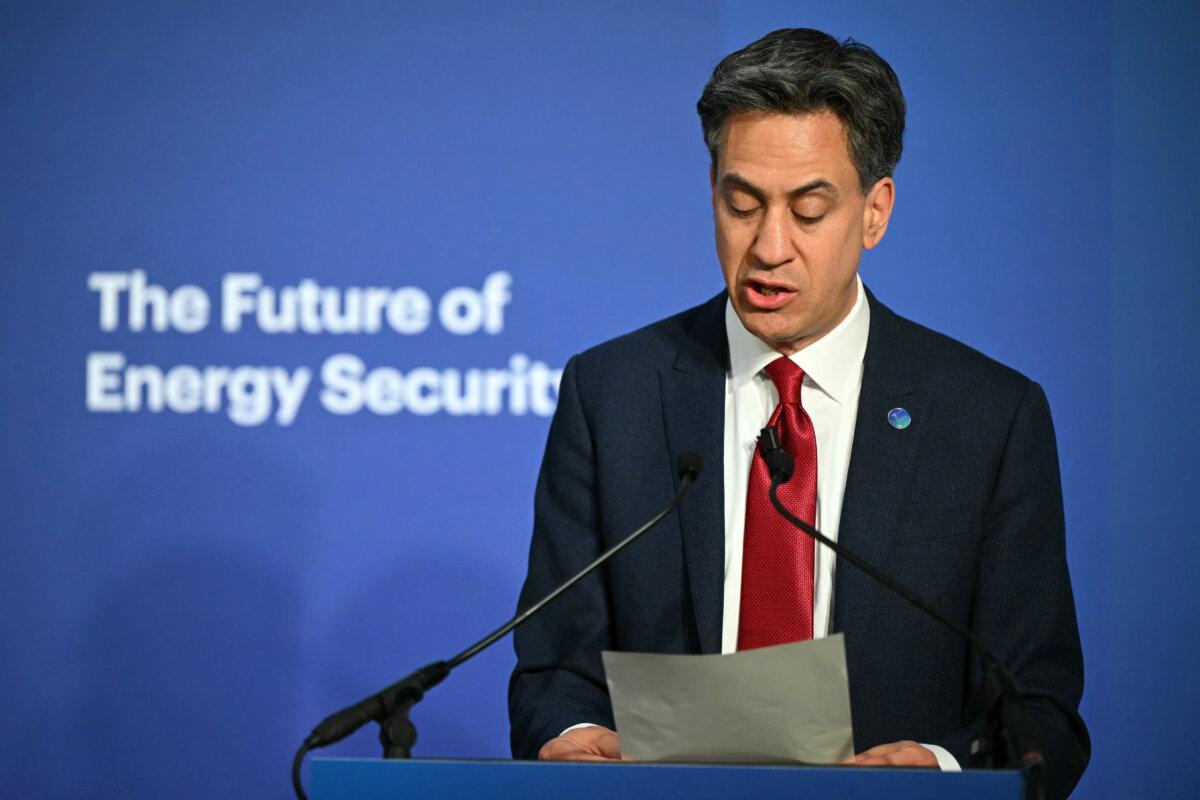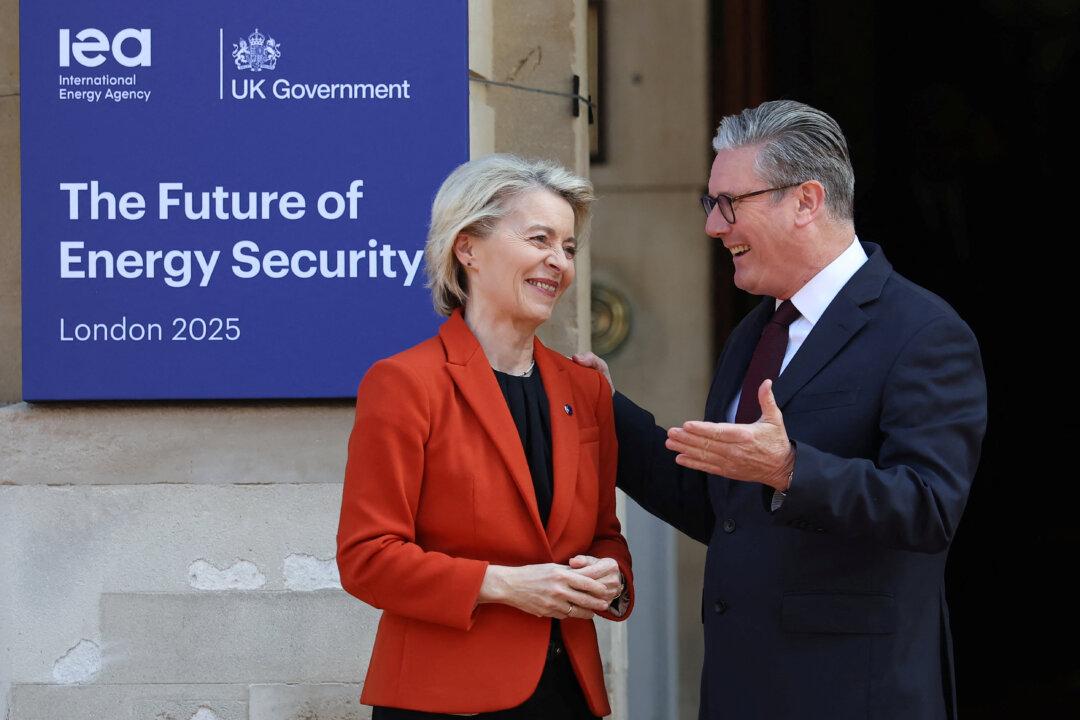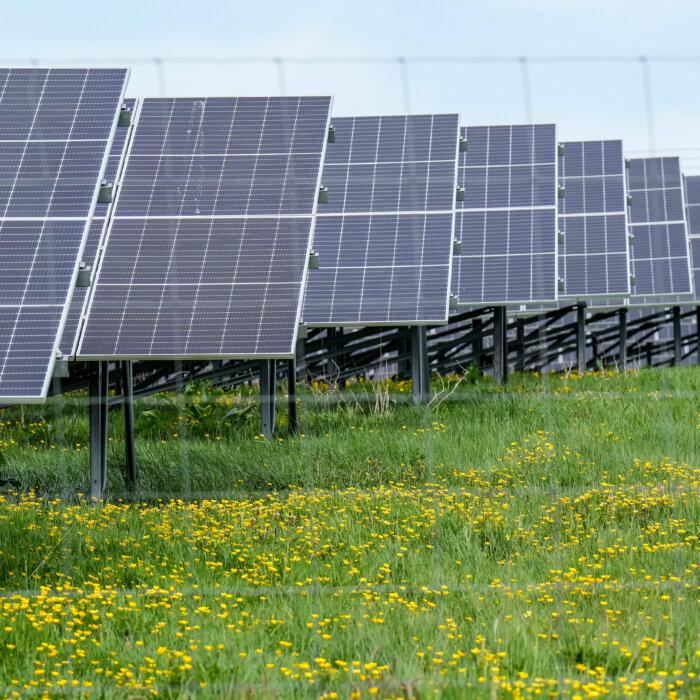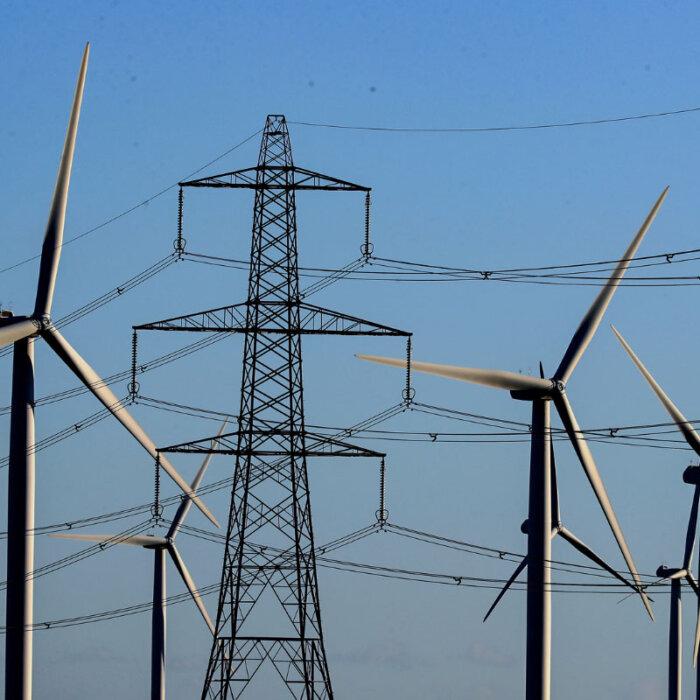The Energy Security Summit in London has highlighted the divisions among leaders over how to balance clean energy goals with the risks of geopolitical instability and supply chain pressures.
The two-day summit, co-hosted by the government and the International Energy Agency (IEA), kicked off on Thursday. Government and industry leaders gathered to discuss energy security risks, from fossil fuel supply shocks to critical mineral dependencies in the push for net zero.
Opening the summit, Energy Secretary Ed Miliband set out Britain’s firm stance, promoting a “hard-headed approach” that frames low-carbon power not just as a climate solution but as a cornerstone of national security.
“As long as energy can be weaponised against us, our countries and our citizens are vulnerable and exposed. Our vision of low carbon power goes well beyond the climate imperative. Ours is a hard-headed approach to the role of low carbon power as a route to energy security,” Miliband said.
“Low carbon energy can play a critical role in delivering energy security for many countries around the world, and it presents a solution to the issue of energy security that simply wasn’t true a decade-and-a-half ago,” he said.
Prime Minister Sir Keir Starmer, addressing the delegates in the afternoon, said the UK is no longer willing to be exposed to the volatility of international fossil fuel markets, highlighting that half of the UK’s recessions since the 1970s have been triggered by fossil fuel shocks.
He called for an urgent shift to homegrown clean energy, not only to cut emissions but to lower bills and boost growth.
Green Energy Risks
However, voices from the IEA and the United States warned that while clean energy is vital, the push towards net zero carries its own set of risks.IEA Executive Director Fatih Birol stressed that oil and gas will remain “key parts of the energy mix” for years to come. Highlighting recent supply shocks following the war in Ukraine, Birol cautioned against overlooking traditional energy security threats.
He also pointed to emerging vulnerabilities tied to clean technologies, particularly their reliance on critical minerals.
“Homegrown energy is the best friend of energy security,” he said, but warned that without diversified supply chains, the green transition could expose nations to new forms of instability.

Representing Washington, Acting Assistant Secretary for International Affairs Tommy Joyce warned against letting “net zero politics” dictate energy strategies at the expense of economic growth and security.
“Energy abundance results in prosperity for our people and peace abroad,” Joyce said, urging delegates not to impose restrictive financing policies on developing nations striving for affordable energy access.
He also raised alarms over cyber threats, particularly from China, stressing the importance of protecting critical infrastructure and preparing for potential disruptions.
Labour’s Green Agenda Faces Scrutiny
The summit comes as the Labour government accelerates its ambitious clean energy agenda.Starmer reaffirmed plans to decarbonise the UK power grid by 2030, backed by the state-owned Great British Energy company.
On Thursday, he announced £300 million in fast-tracked funding for offshore wind supply chains, calling for international investors to “build the clean energy future in Britain.”
Yet concerns continue to mount over the UK’s growing reliance on China for solar technology.
Calls to develop a domestic solar manufacturing base have so far seen little progress, with analysts suggesting that China will be able to meet all global demand for solar modules by 2032.

As U.S. president, Trump champions an “energy dominance” policy, promoting fossil fuel expansion as central to U.S. prosperity and security.
On the other hand, President of the European Commission Ursula von der Leyen hailed the North Sea as a “powerhouse” for clean energy.
Speaking at the summit, she said: “The North Sea region has it all—offshore wind, marine energy, hydrogen and carbon capture and storage.”
Von der Leyen added that beyond natural resources, the region also offers the regulatory certainty investors need, which is something the EU aims to strengthen in collaboration with the UK.
The summit in London will conclude on Friday, bringing together participants from over 60 governments—including representatives from the European Commission, United States, Japan, and emerging economies such as Brazil, India, and Kenya—alongside major businesses such as BP, Shell, TotalEnergies, Equinor, SSE, National Grid, and Iberdrola. International organisations, financial institutions like HSBC and Barclays, and civil society groups are also in attendance.
Notably absent from the talks is China, despite its dominant role in global energy supply chains and critical minerals production.







